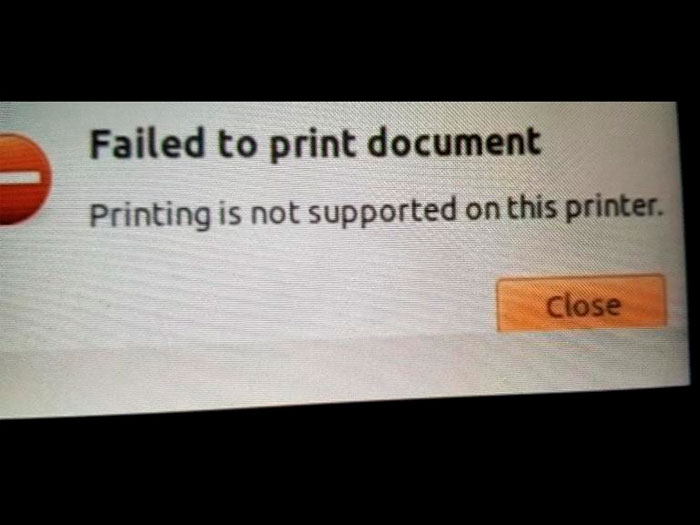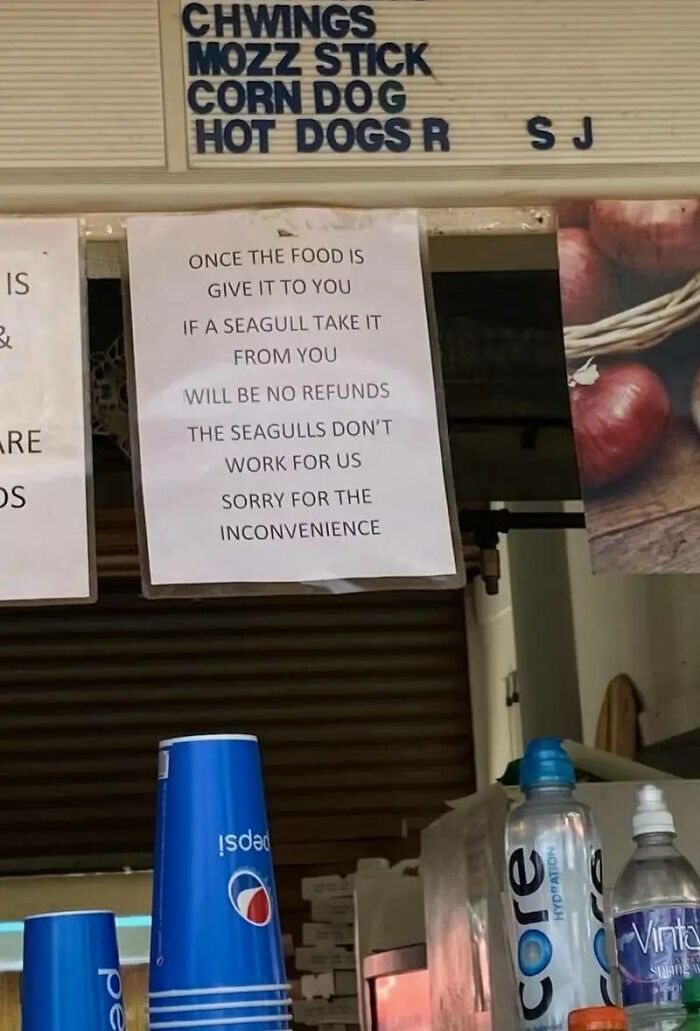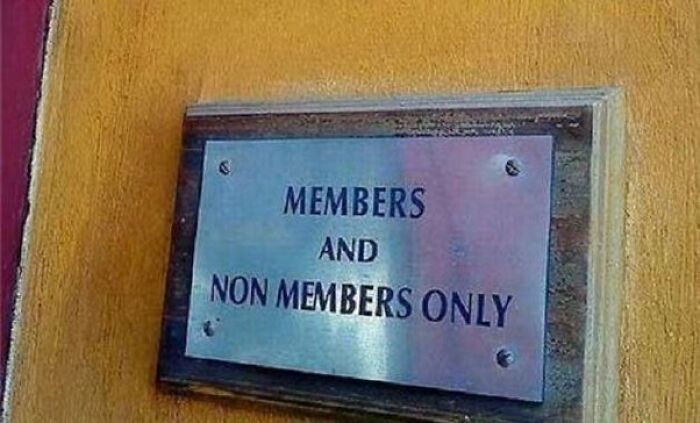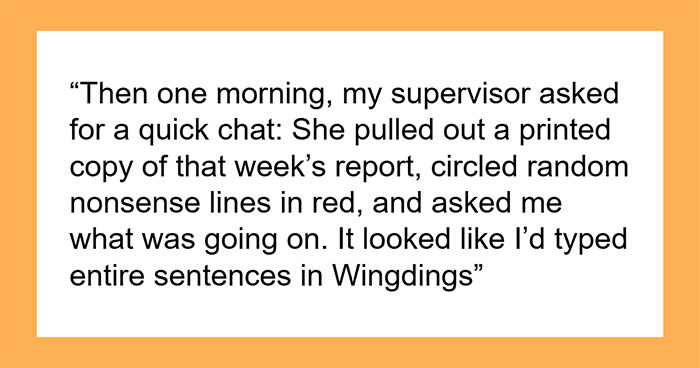We probably all hate when something doesn't work or go as planned. We want signs to give us the right information, building interiors to make sense for walking around, and printers to print. When these things don't do what we want, our reaction might be anger. Or we might laugh at the absurdity of it all.
That’s what the Facebook group "You Had One Job" does. The community shares absurd cases of incompetence and not caring about doing a job right. Some of the entries on this list might even veer into the realm of grotesquely absurd, where you might think: 'How did anyone approve this?'
This post may include affiliate links.
These interactive displays are getting out of hand.
This particular Facebook group doesn't have that many followers. Currently, the count is at 4,000. And although the community is not that big, it's without a doubt dedicated. There are new posts every day for new and old members to enjoy.
The admins describe the community as a place "for examples of next level not giving a toss about the quality of work done." They promise prizes for those who submit the best photos, but that's probably just a gag. The jury is still out on whether anyone has received a prize for posting a photo of a job done wrong.
While this list is undoubtedly funny, there's something irritating about incompetent people in real life, isn’t there? Oregon-based David Lechnyr, LCSW, writes that "Being around incompetent people and situations 'slows down our own pace of doing things,' causing us to be late, not get things done right, or just making our 'lives difficult.'"
In his 1969 book 'The Peter Principle,' educationalist Laurence J. Peter wrote: "Occupational incompetence is everywhere." He coined a term after his last name – the 'Peter Principle.'
It goes like this: "Every employee tends to rise to his [or her] level of incompetence." And it's not exclusive to the job world – plenty of examples of mistakes made anywhere else are in our list.
Organizational scientists and psychologists use the 'Peter Principle' to explain workplace dynamics. It explains why people think their boss is incompetent, or, the other way around – why bosses get frustrated with incompetent employees. Peter claimed that the higher the person climbs on the promotion ladder, the more likely they are to fail. Hence, they reach their 'level of incompetence.'
We can take the infamous pop culture icon Michael Scott as an example. He was a considerably great salesman in the past, but is a terrible manager. Kelly Shue at the Yale School of Management told the BBC about her research on this.
Her team found that the 'Peter Principle' did apply in the field of sales. "Managers who used to be very high-performing sales workers tended not to bring a significant boost to their colleagues, while the lower performers were often much better at raising the average sales within their team."
Nobody wants to feel incompetent. That's why most people get hurt easily when others point out their mistakes. We also tend to get mad when our competence at a thing we think we're good at gets challenged.
Alex Lickerman, M.D., and the author of The Undefeated Mind: On the Science of Constructing an Indestructible Self writes that mistakes don't imply a person is incompetent.
He writes that mistakes are fine as long as you know what you're doing. "Competent people make them all the time, whether due to lack of attention, working too fast, or being too tired.
But one thing competent people don't do is make mistakes because they don't know what they're doing," he concludes in a blog post for Psychology Today.
Lickerman concludes that anger over incompetence (yours or others') is more about the desire of power. "Why does anyone become angry when their competence is questioned? Because anger makes us feel strong. And if we can't make ourselves feel strong by experiencing competence, we'll make ourselves feel strong by experiencing anger."
FINALLY! Steve is so excited he purchased our other "totorcycle" as we only had room for one now we have room for...well..
This is obviously not a good response mechanism. We become angry at ourselves and at others for pointing out our incompetence. It hurts relationships, lowers our self-worth, and, as Lickerman writes, in extreme cases, can evolve into depression.
But what about anger over the incompetence of others? We're certainly not mad at ourselves for someone else not doing a job well, right? David Lechnyr writes about the effects of someone else's incompetence.
"Being resentful and upset over 'the incompetence of others' will block your own progress in life. It will affect your ability to make changes, heal, have less pain, or improve your own relationships and life."
Trying to change others to make them more competent isn't an optimal strategy. That's the number one rule in therapy, isn't it? You can't change what others do, you can only change your perception and how you react. As a cognitive behavior therapist, Lechnyr suggests dropping the need to be a perfectionist.
I-80 in Pennsylvania smiles, says "Aw, aren't you cute!" (ruffles hair)
You can't say this without tell us what we're looking for. Is it raining geckos (hallelujah) or is it more a high pressure monitor front?

 Dark Mode
Dark Mode 

 No fees, cancel anytime
No fees, cancel anytime 











































































































































